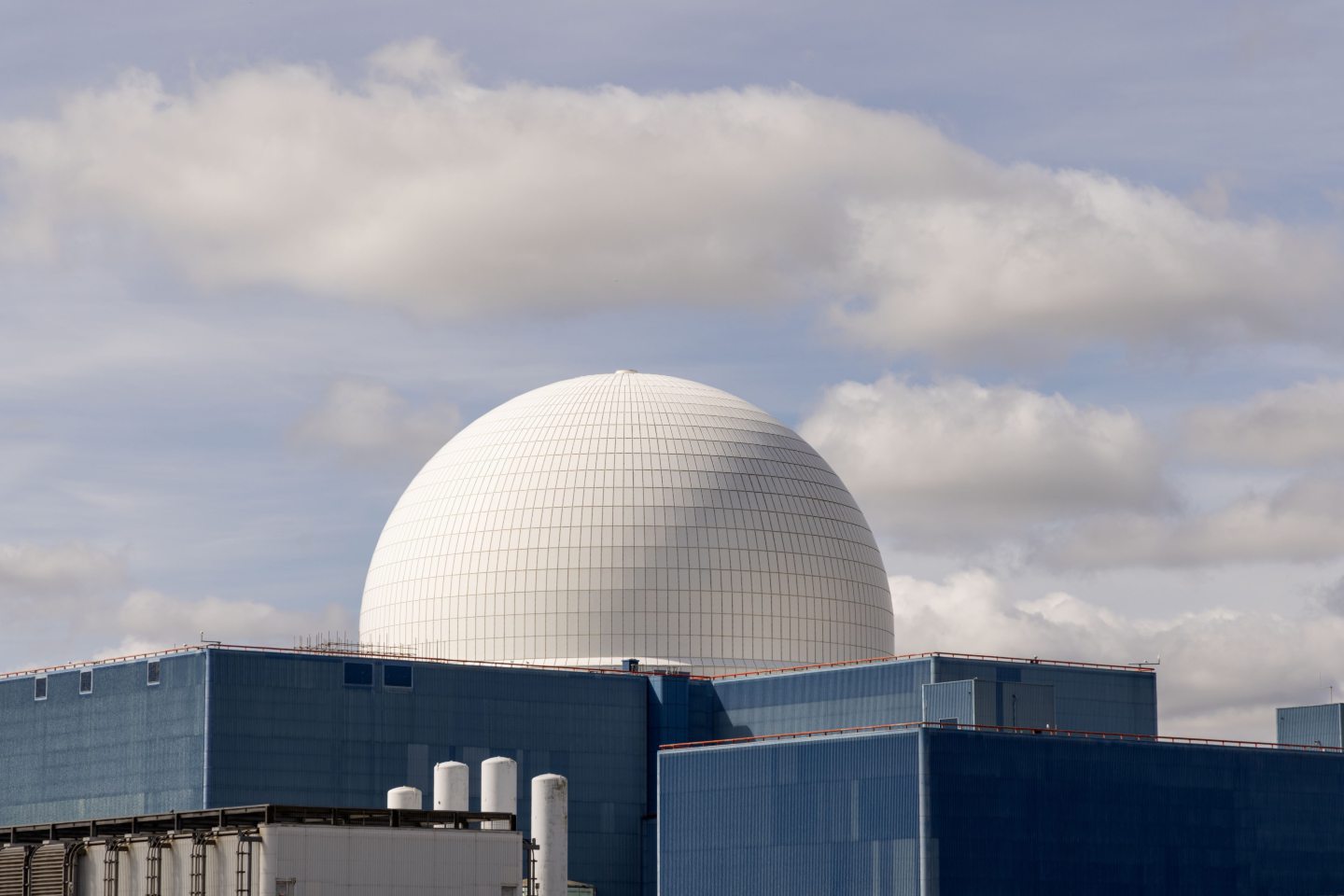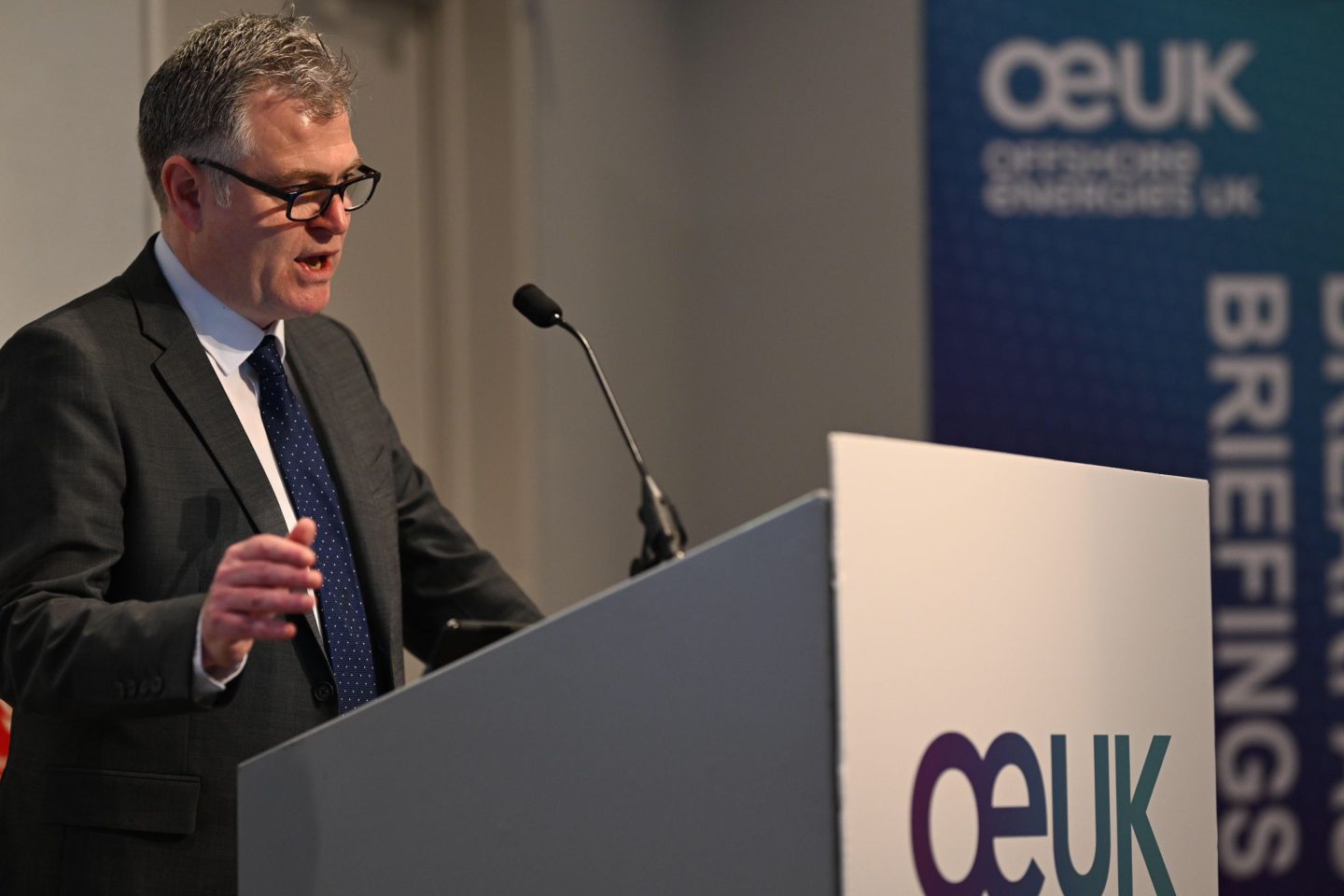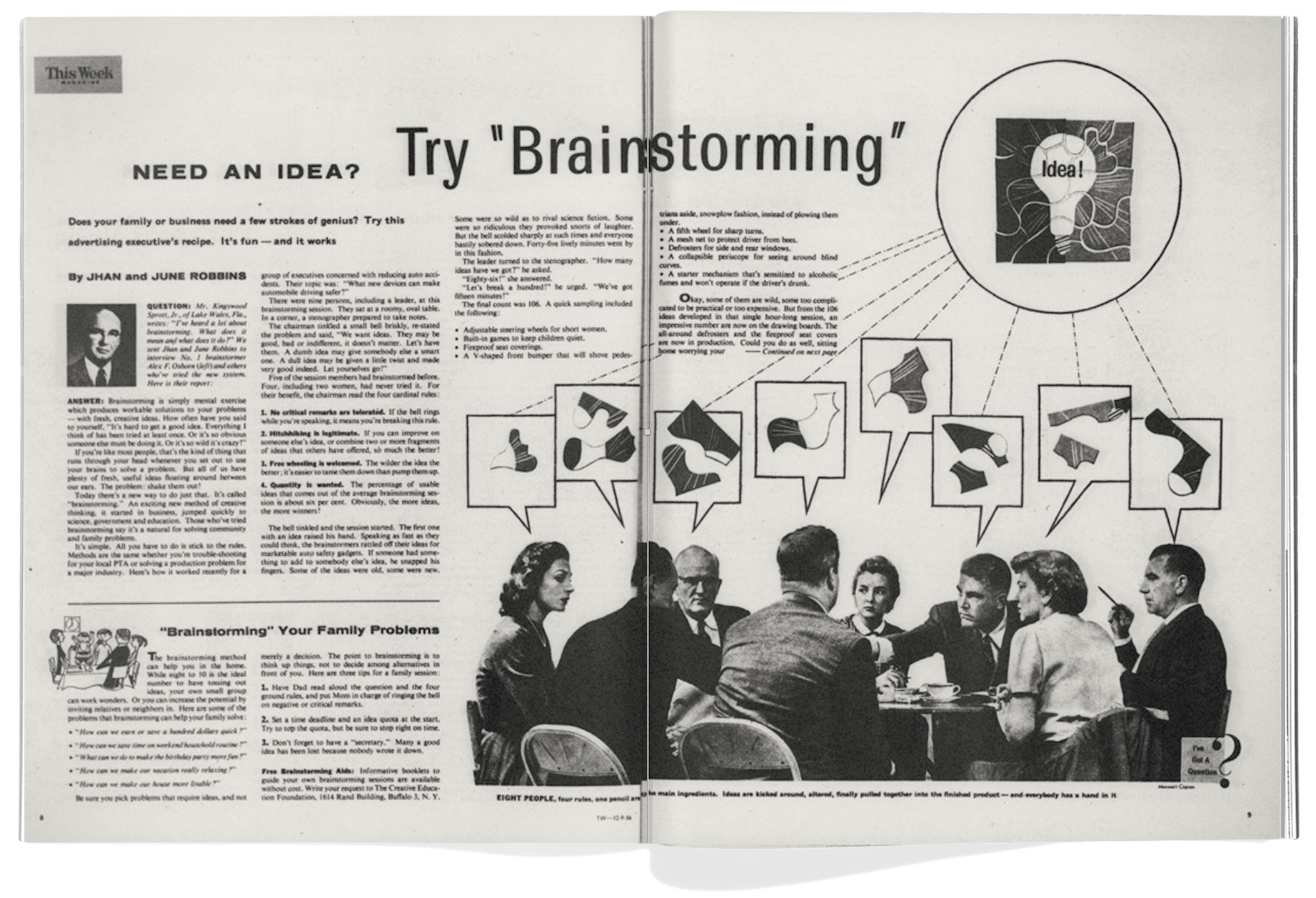
The UK government’s nuclear taskforce will be led by John Fingleton, formerly the boss of the Office of Fair Trading, following his appointment to spearhead the unit.
The Nuclear Regulatory Taskforce, which was set up to accelerate the development of new nuclear power stations across the country, is poised to embark on an overhaul of UK planning regulation.
In February, Keir Starmer moved to slash “red tape” in the industry to enable more nuclear power plants to be approved across England and Wales.
Those reforms are designed to enable small modular reactors to be built for the first time. That is the intended result of the government abolishing a set list of approved sites for nuclear development so that nuclear power stations can be built anywhere in the country.
The energy department said that contract negotiations to progress a competition for these small reactors, held by Great British Nuclear, are “currently underway”, and that a panel of nuclear experts will be appointed to the taskforce in due course.
In a controversial move, the government is also getting rid of expiry dates on nuclear planning rules, in an effort to avoid projects timing out.
These changes to nuclear planning rules were proposed after the pre-development stage Sizewell C nuclear plant in Suffolk was taken to court by local activists.
The Department for Net Zero and Energy Security said that the government committed a further £2.7 billion in public funding to Sizewell C last month.
Prime minister Starmer’s cabinet is seeking to deliver a “nuclear renaissance” as part of his Plan for Change.
Energy secretary Ed Miliband said: “Our Plan for Change and clean energy mission means it is time to build, build, build – it is time for a nuclear renaissance in this country, and that can only happen if we move further and faster to break down the barriers.”
Fingleton is a former boss of the Office of Fair Trading and the board of UK Research and Innovation.
In his role, he will lead a panel of nuclear experts to “help unlock economic growth and accelerate towards net zero”, the energy department said in a statement.
The independent taskforce will seek to identify how nuclear power regulation can incentivise investment in new projects more quickly and cost efficiently, it said.
The taskforce will aim to “simplify processes”, and reduce duplication, while also being responsible for upholding safety and security standards.
Regulatory recommendations from the taskforce will cover civil and defence nuclear, with a remit that includes the Defence Nuclear Enterprise supporting the UK’s work towards maintaining a nuclear deterrent.
It will also seek to align the UK’s nuclear planning system with international design standards in a bid to minimise expensive changes.
Fingleton said he will “work closely with business, regulators and other interested individuals and groups to identify how regulation can better enable and incentivise investment in this area”.
“New nuclear power is essential to deliver greater productivity growth for the UK economy and greater prosperity for workers and consumers across the UK,” he said. “The taskforce will work hard to ensure that we can achieve those goals.”
The government cited concerns that Britain is currently considered one of the world’s most expensive countries in which to build nuclear power capacity.






















